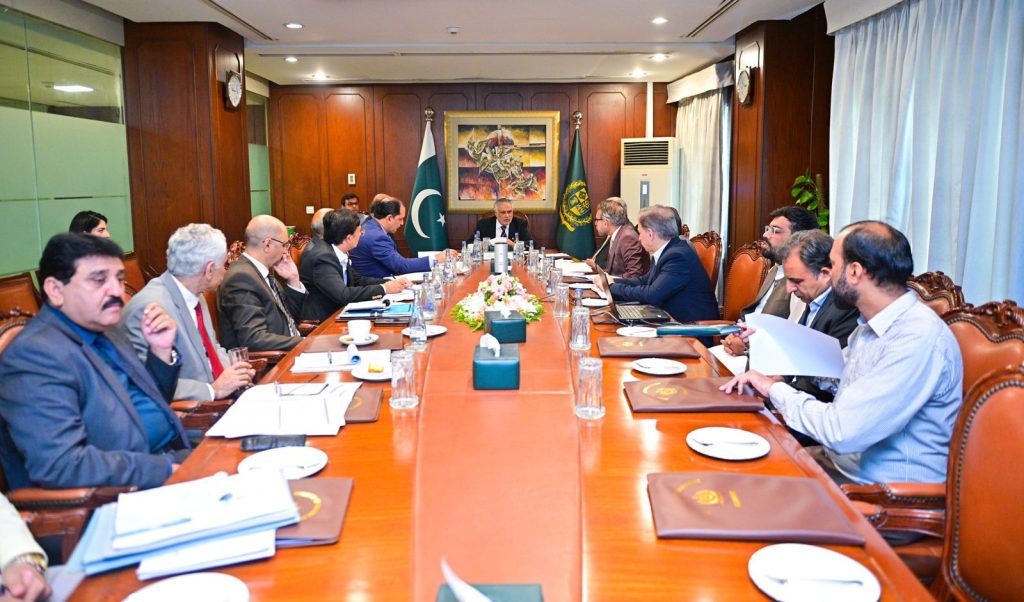Deputy Prime Minister and Foreign Minister Ishaq Dar on Monday underscored the urgency of a unified policy approach to stabilize prices of essential commodities, as recent data revealed a rebound in food inflation. Chairing a high-level review meeting, Dar directed authorities to ensure market equilibrium through proactive planning and inter-ministerial coordination. The discussions focused on supply-demand gaps, pricing trends, and measures to guarantee uninterrupted availability of staple food items.
Official figures showed food inflation rose 4.2% in urban areas and 2.4% in rural regions in June, ending a four-month declining streak. Key items witnessing steep monthly price hikes included tomatoes (57.33%), potatoes (25.74%), and onions (15.26%), alongside incremental increases in eggs, wheat flour, and dairy products. Non-food inflation remained comparatively lower at 2.2% (urban) and 4.7% (rural), highlighting the disproportionate burden of food costs on households.
Attended by Commerce Minister Jam Kamal Khan, SAPM Tariq Bajwa, and senior bureaucrats, the meeting reaffirmed the government’s dual focus on consumer protection and producer viability. Dar referenced his March intervention capping sugar prices at Rs164/kg after the Competition Commission of Pakistan (CCP) exposed millers’ alleged cartelization. The CCP continues to monitor anti-competitive practices in the sugar sector, which saw prices briefly spike to Rs179/kg earlier this year.
The government’s renewed emphasis on price control mechanisms comes amid global commodity volatility and domestic supply-chain challenges. With Ramadan and Eid demand peaks approaching, officials aim to preempt shortages through strategic reserves and stricter market surveillance, balancing affordability for low-income groups with sustainable returns for farmers and industries.


